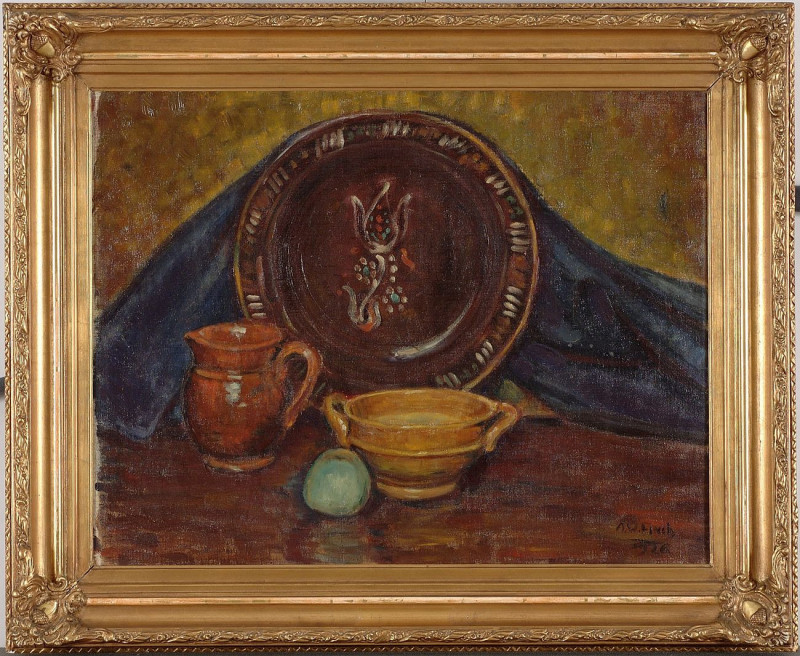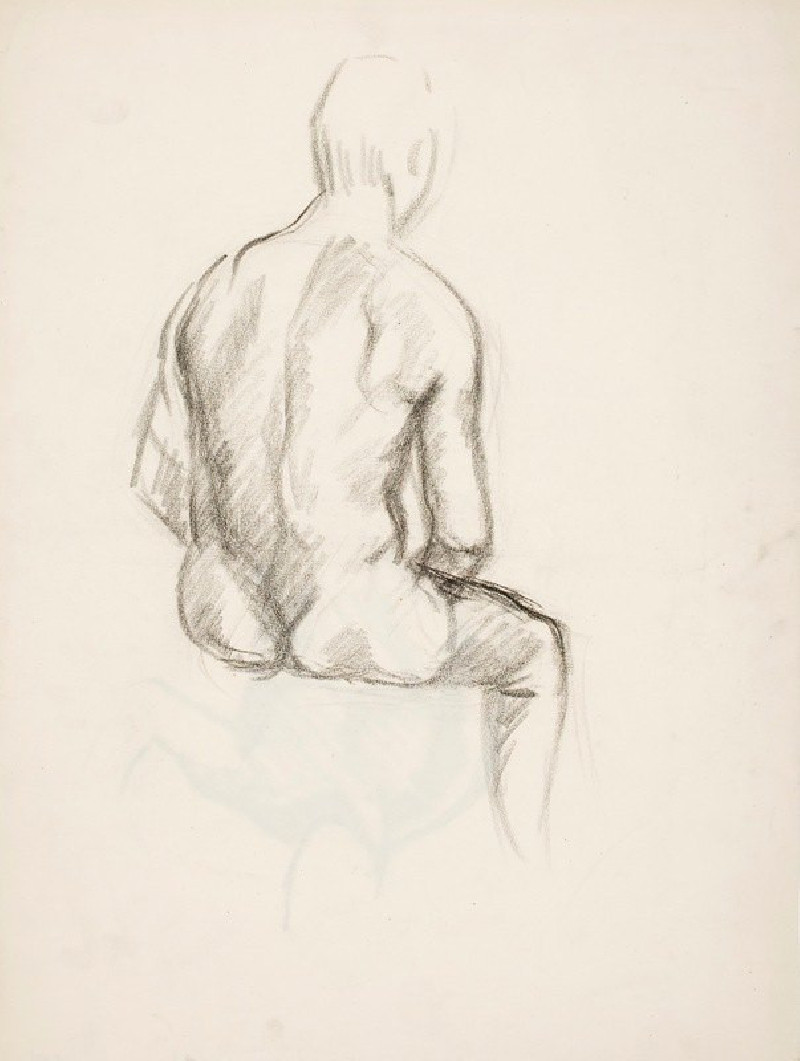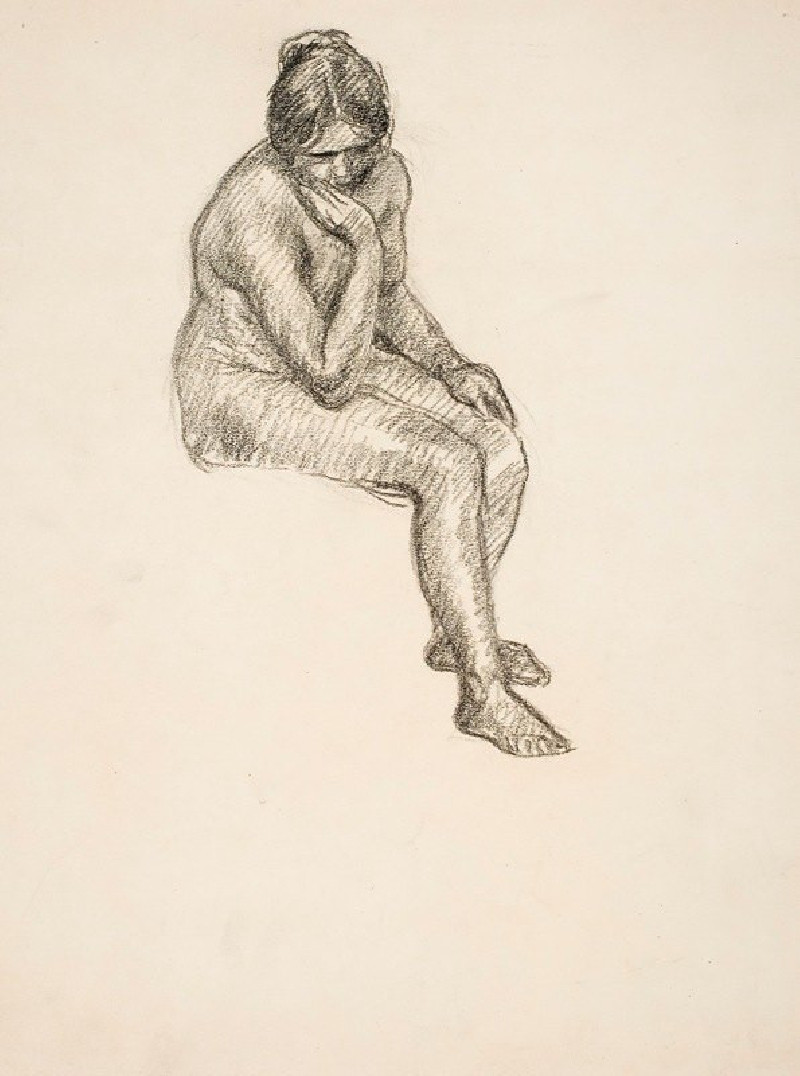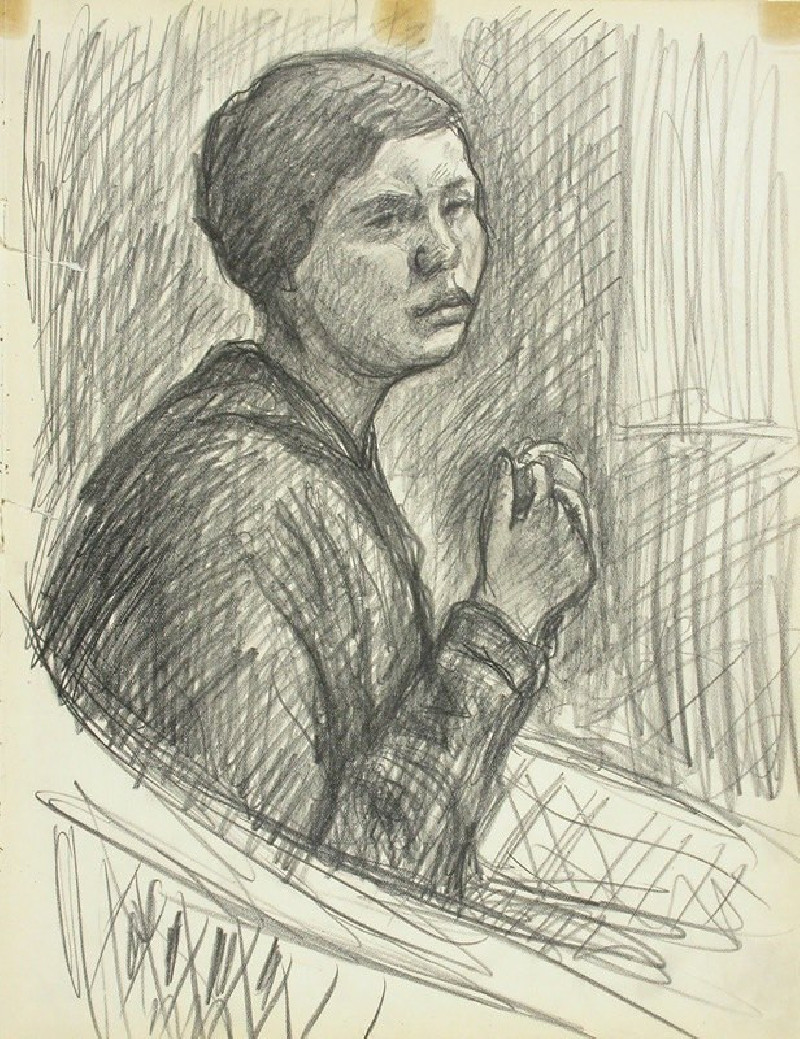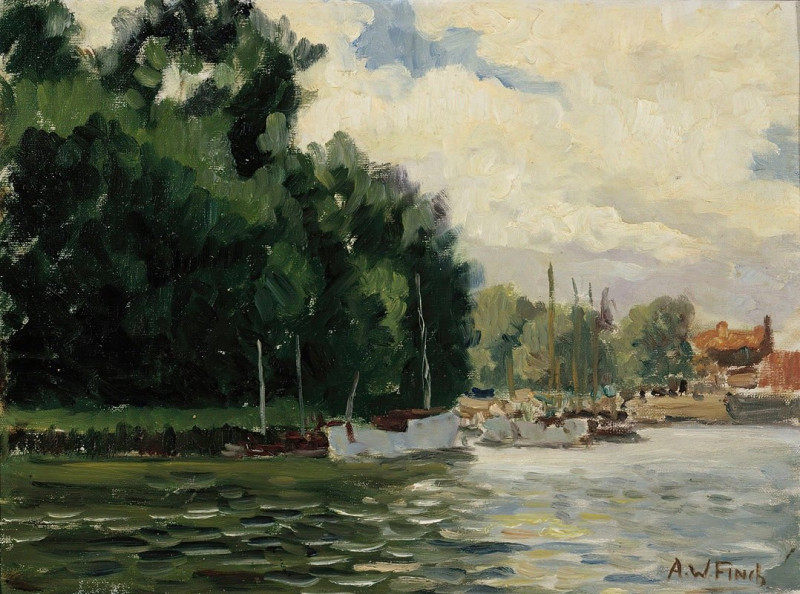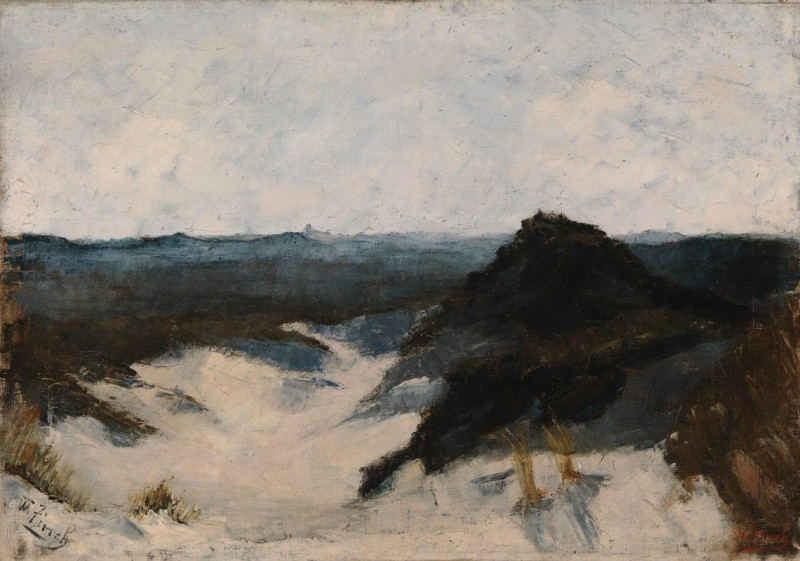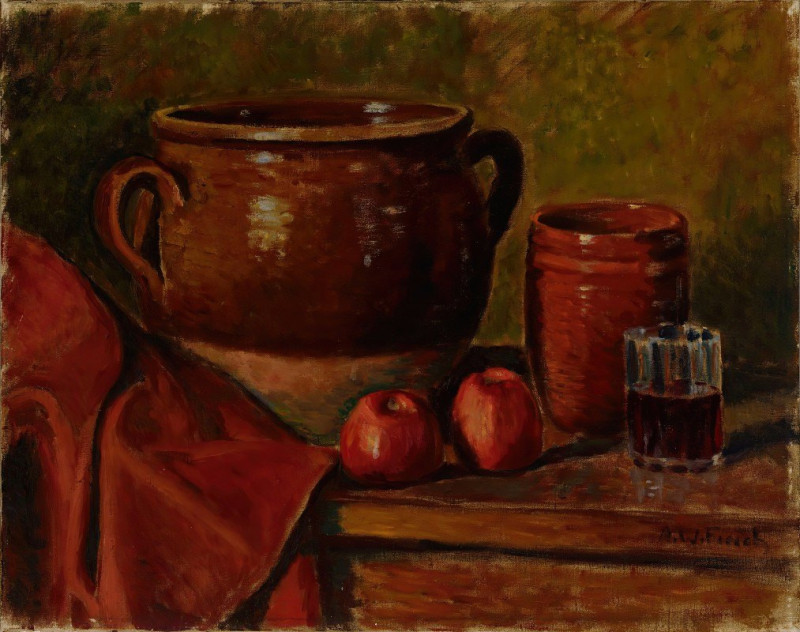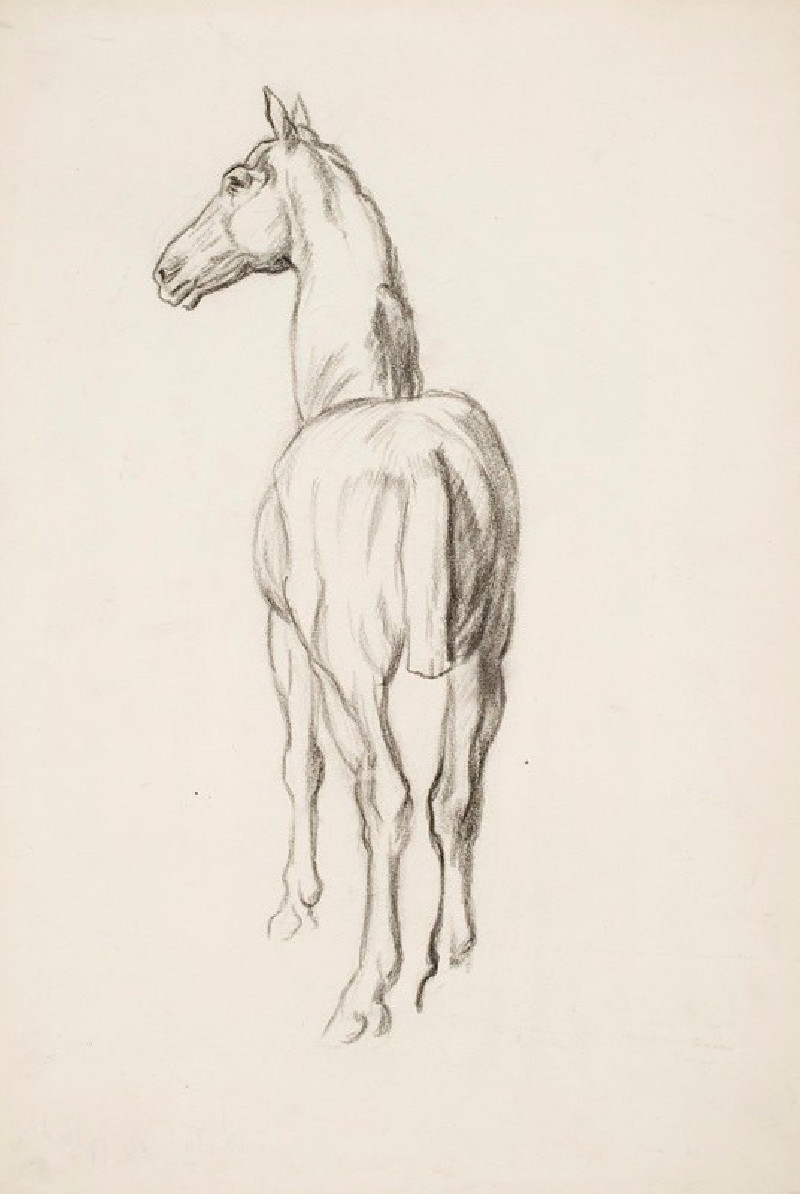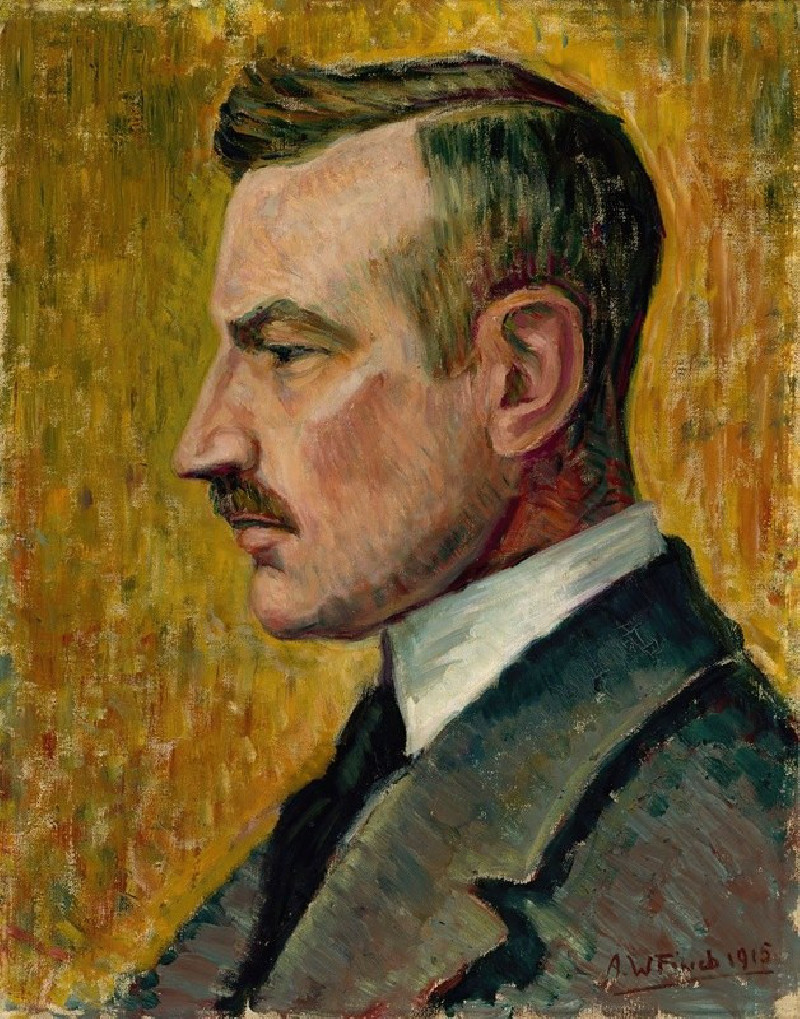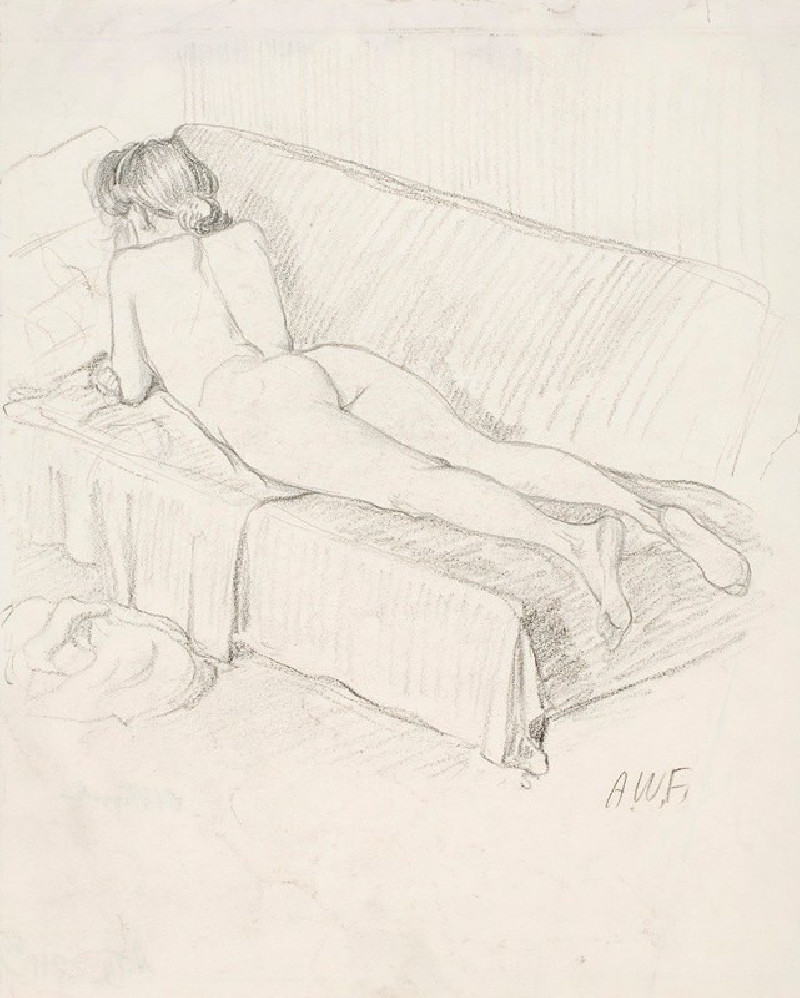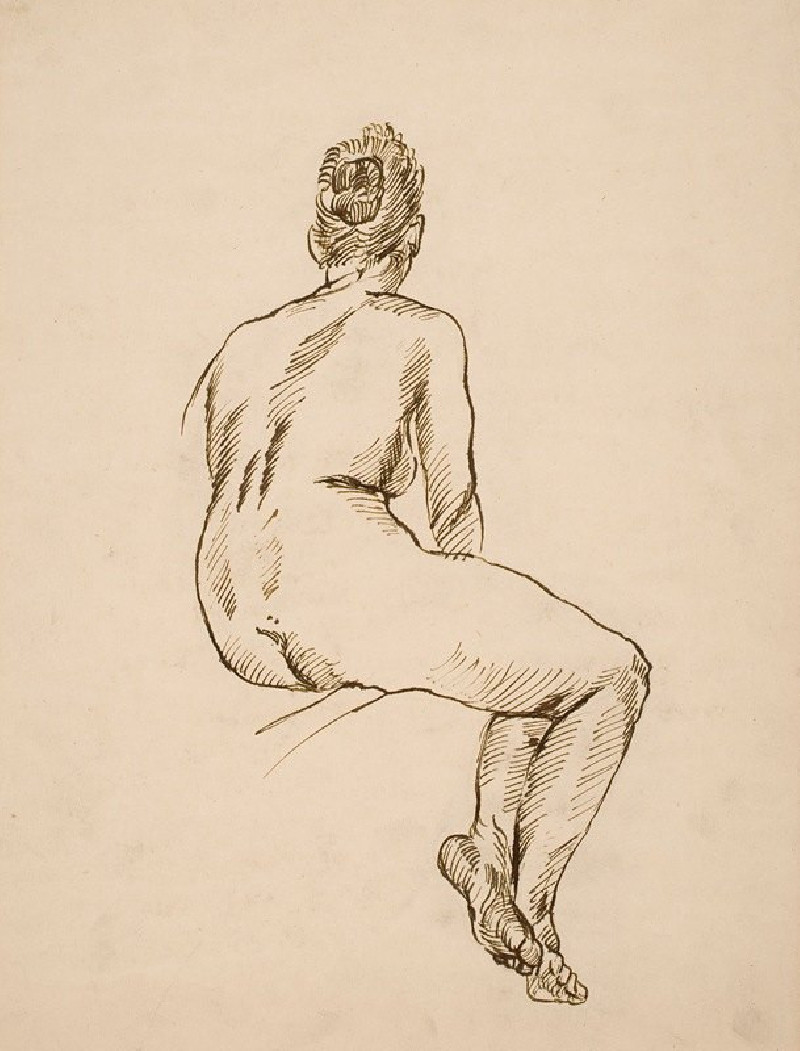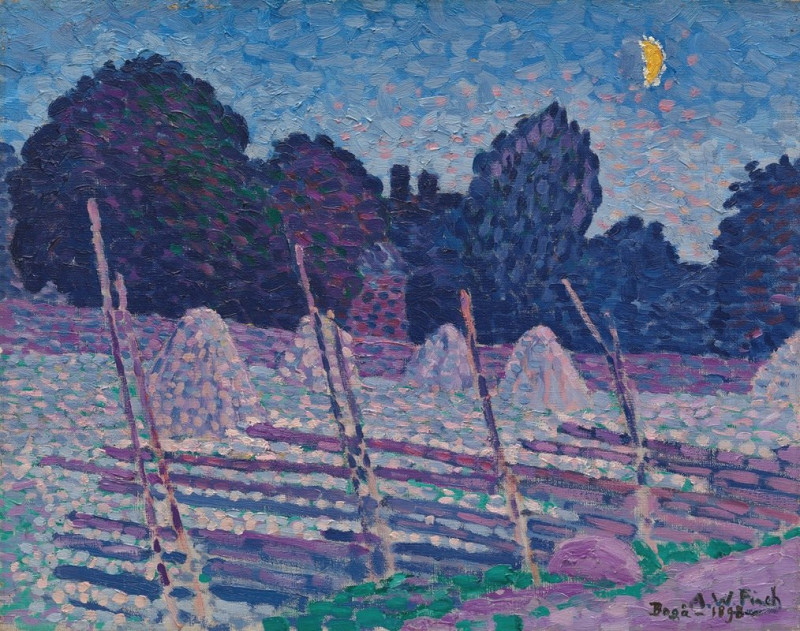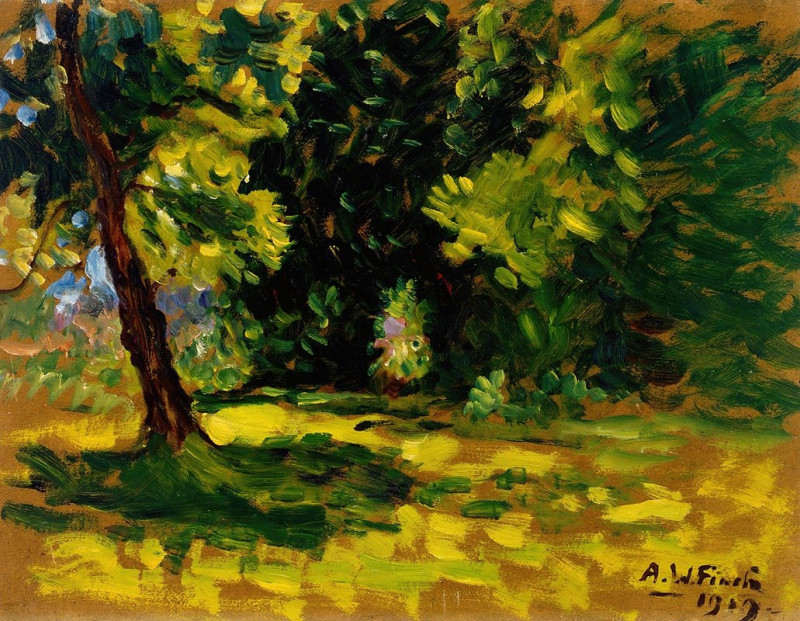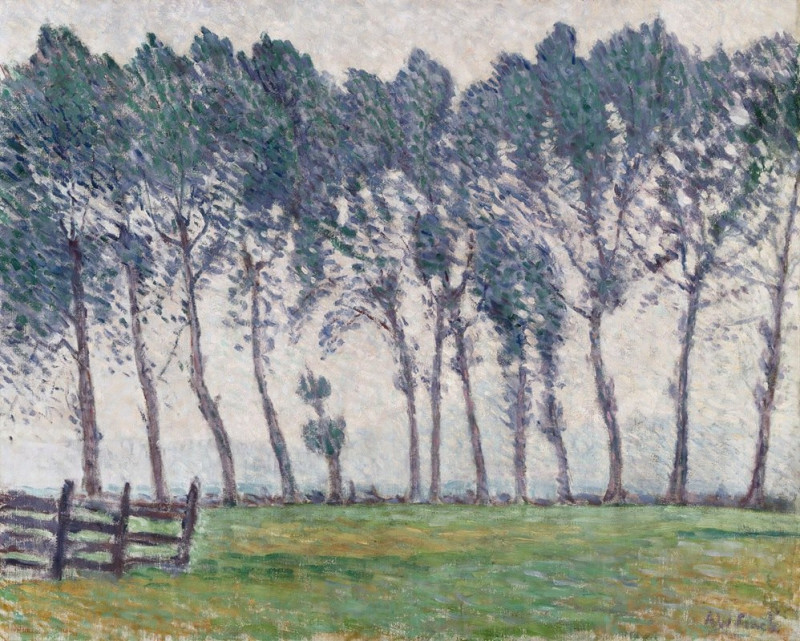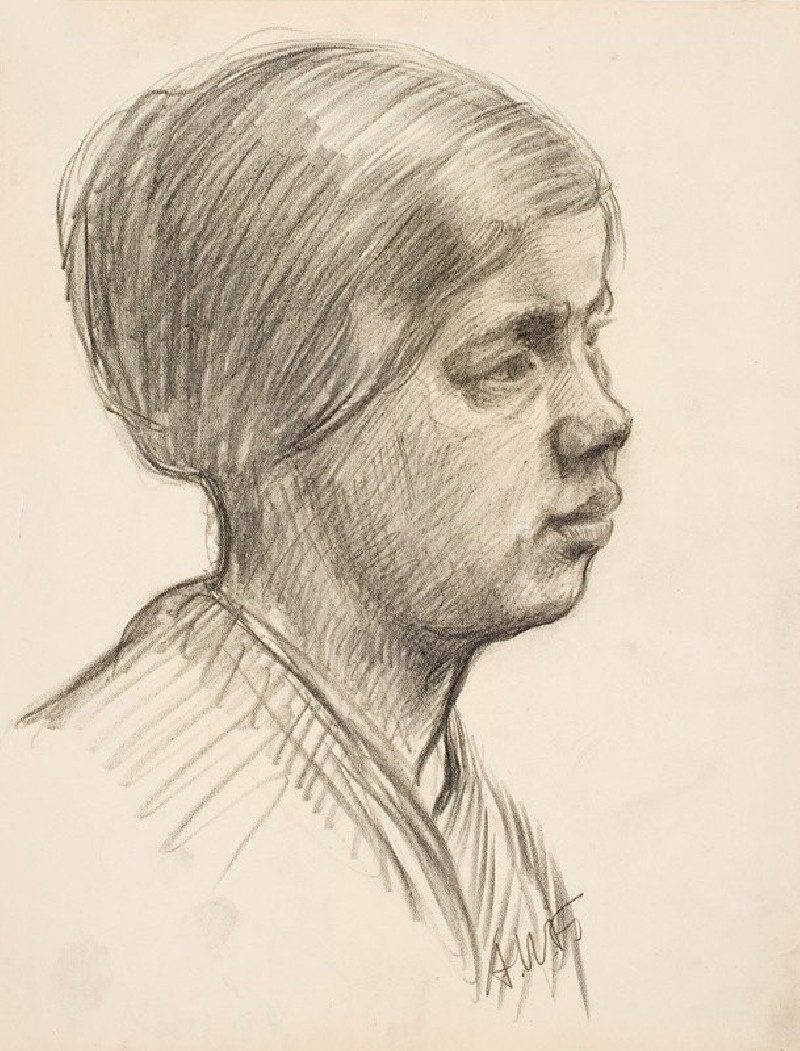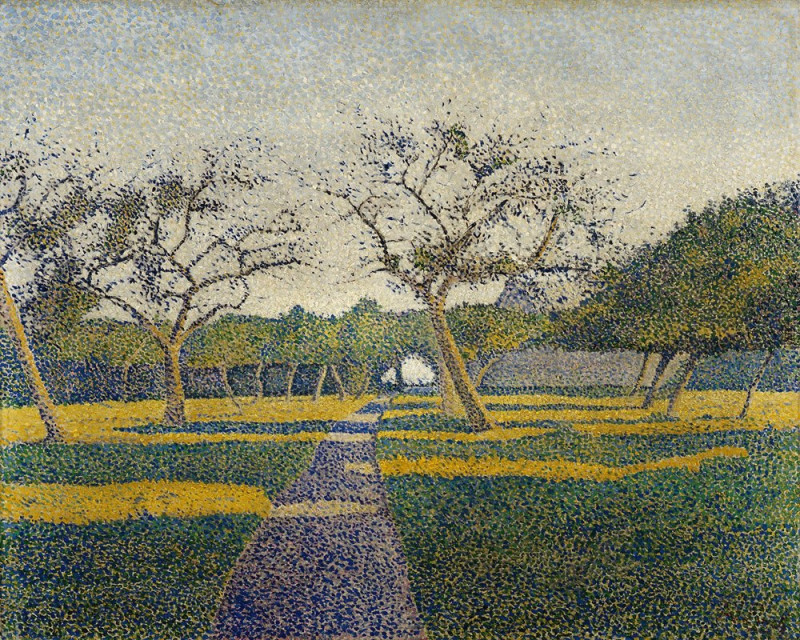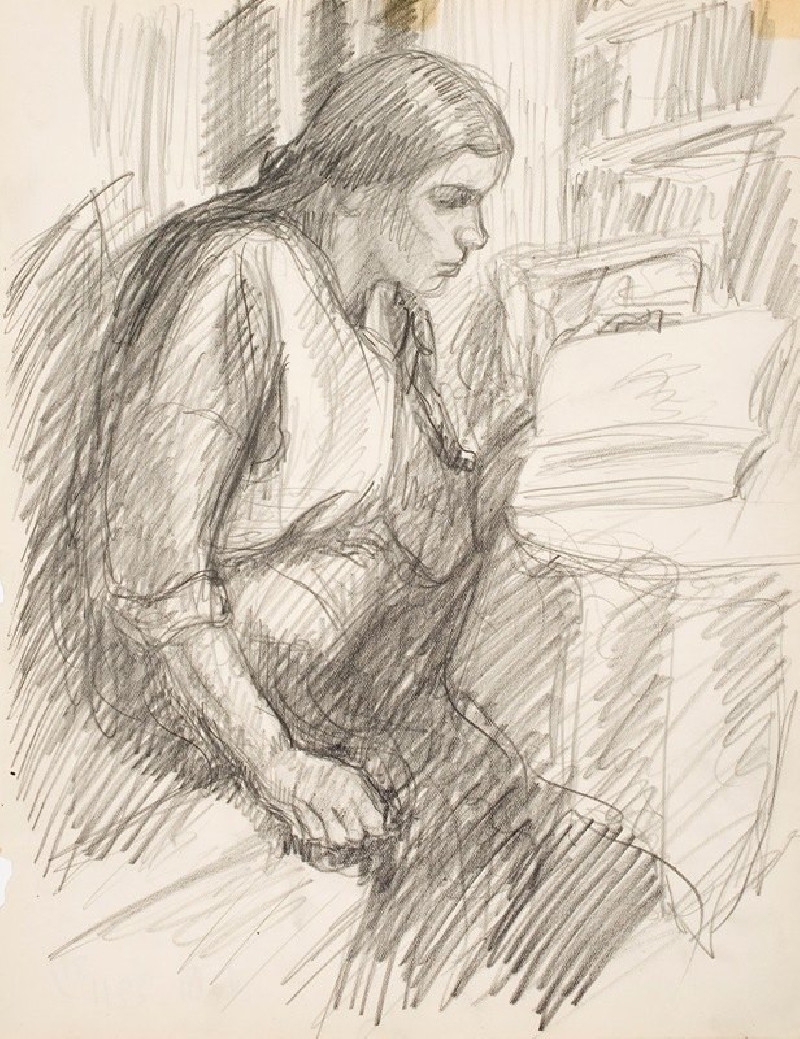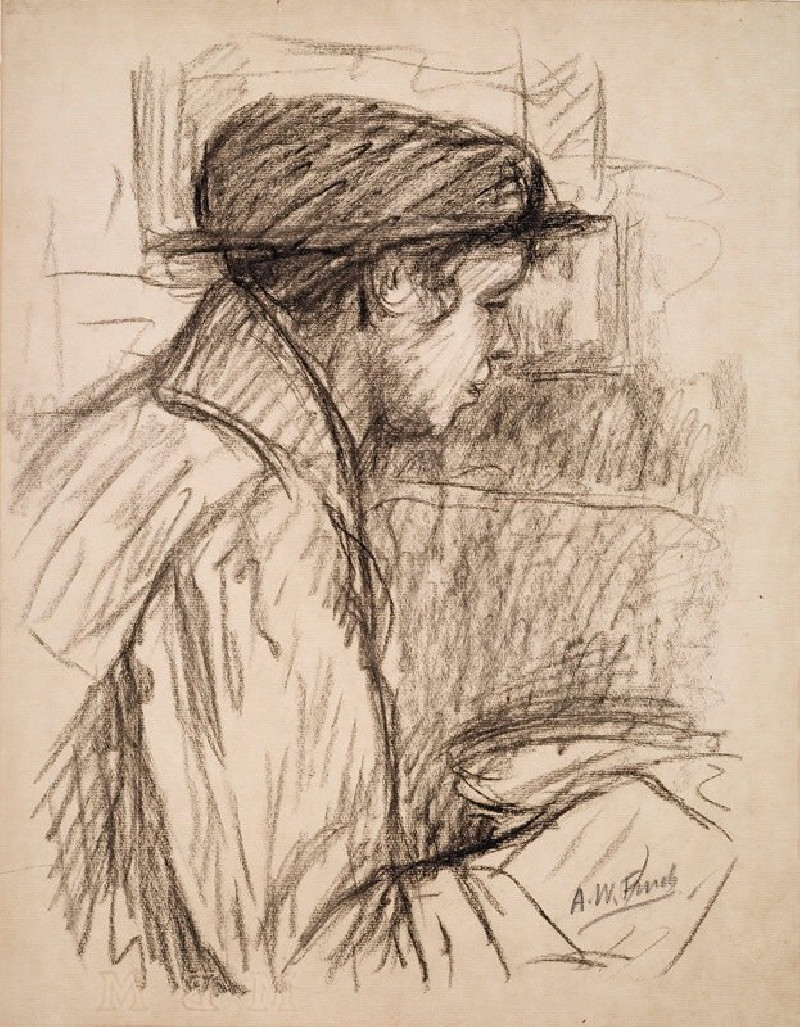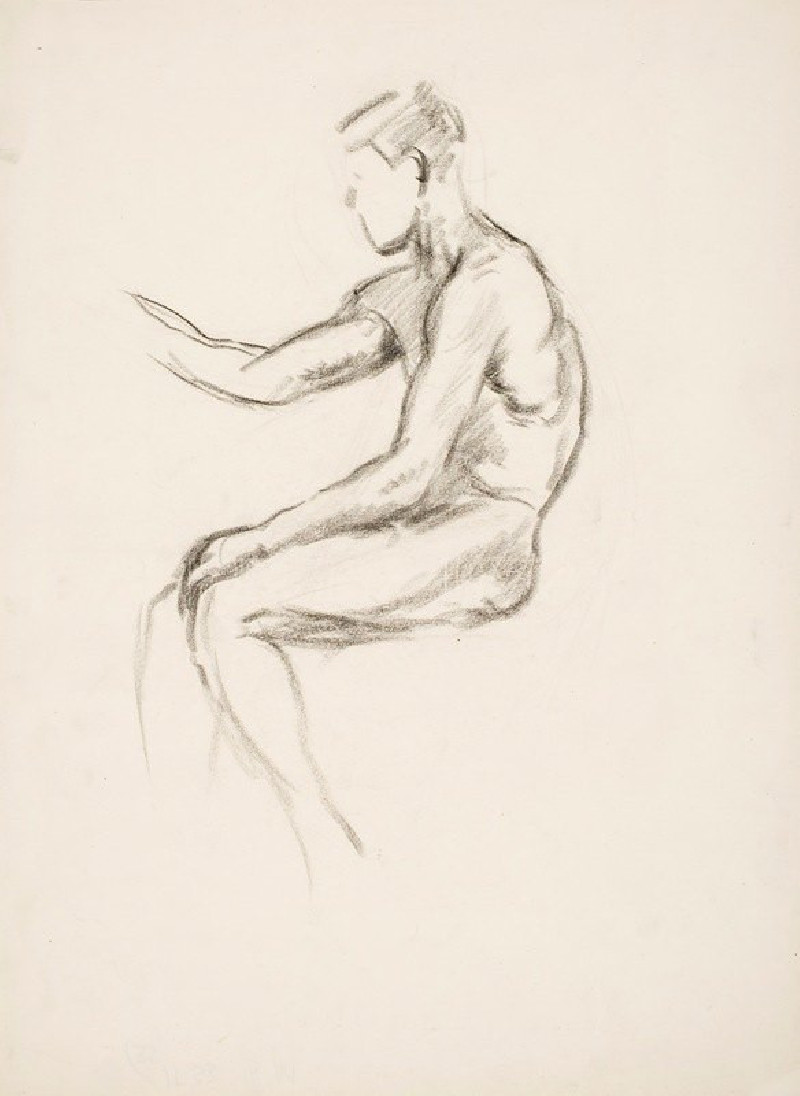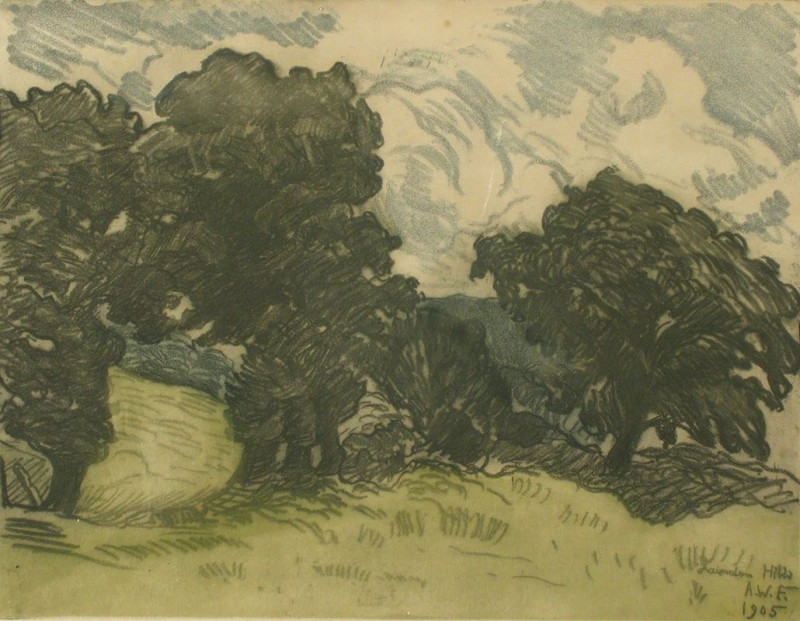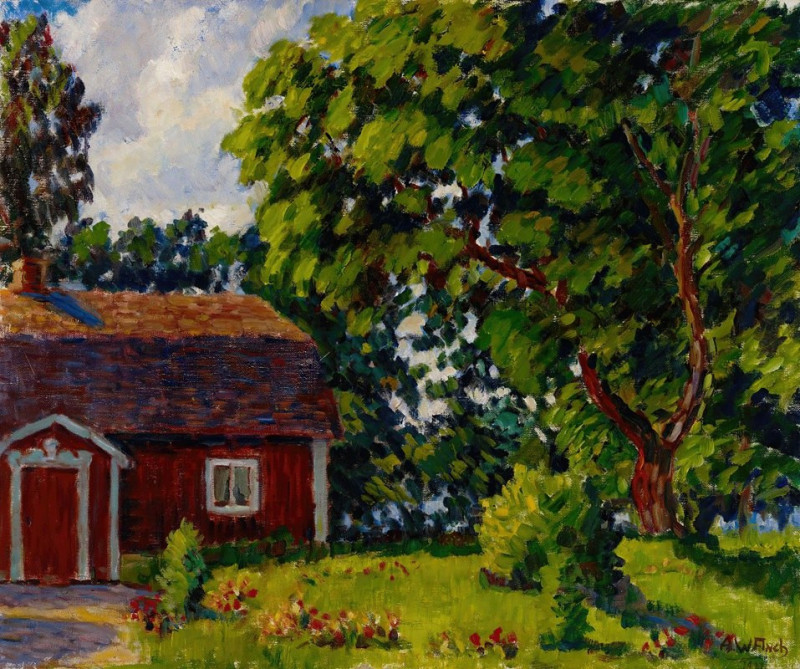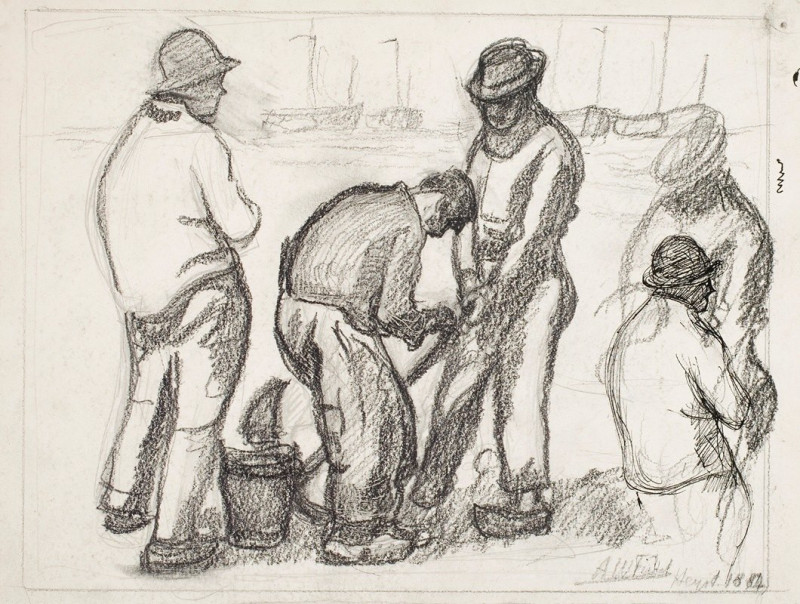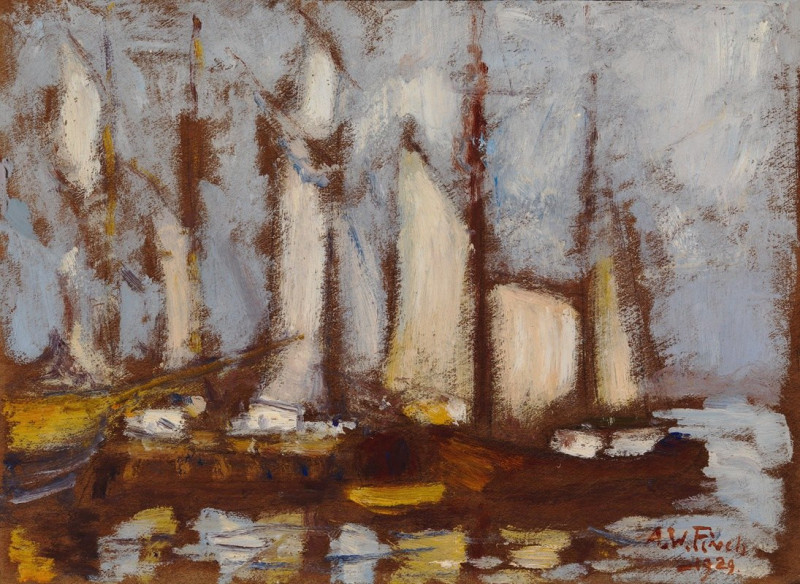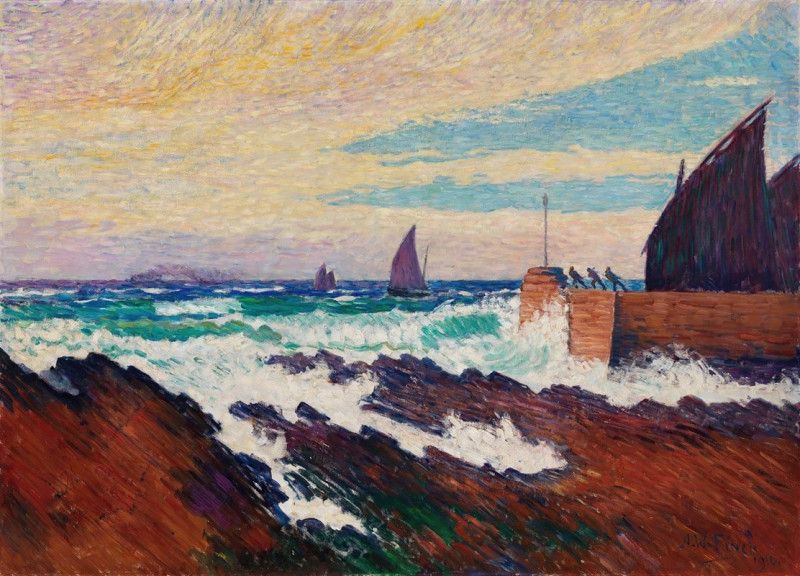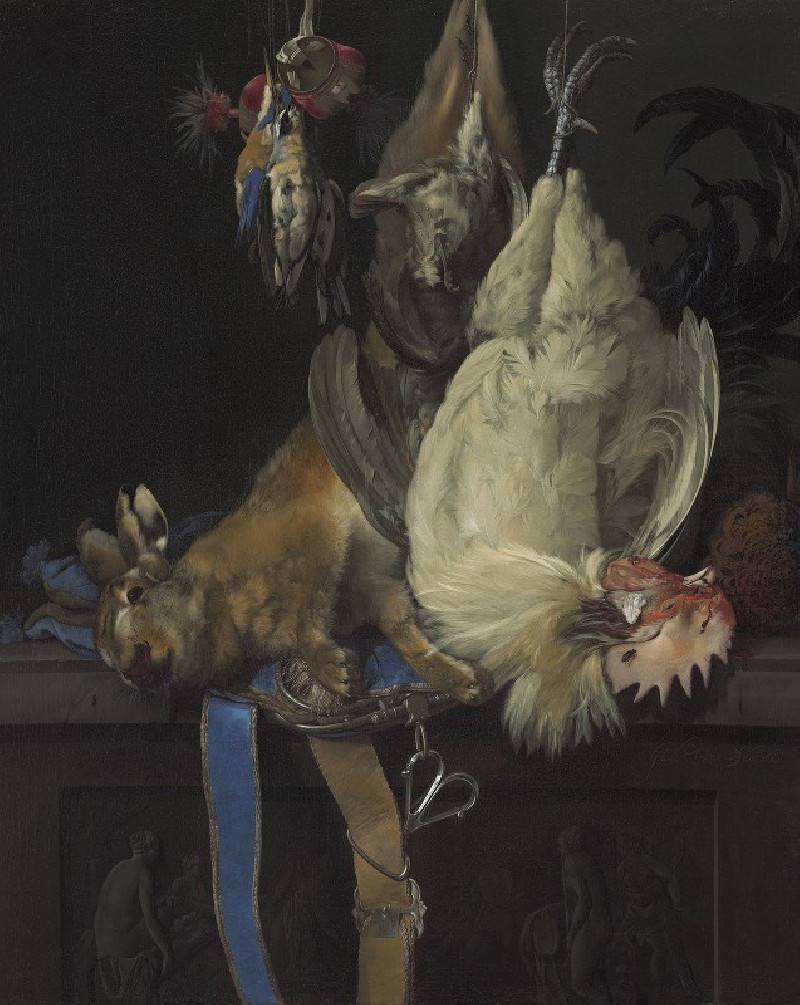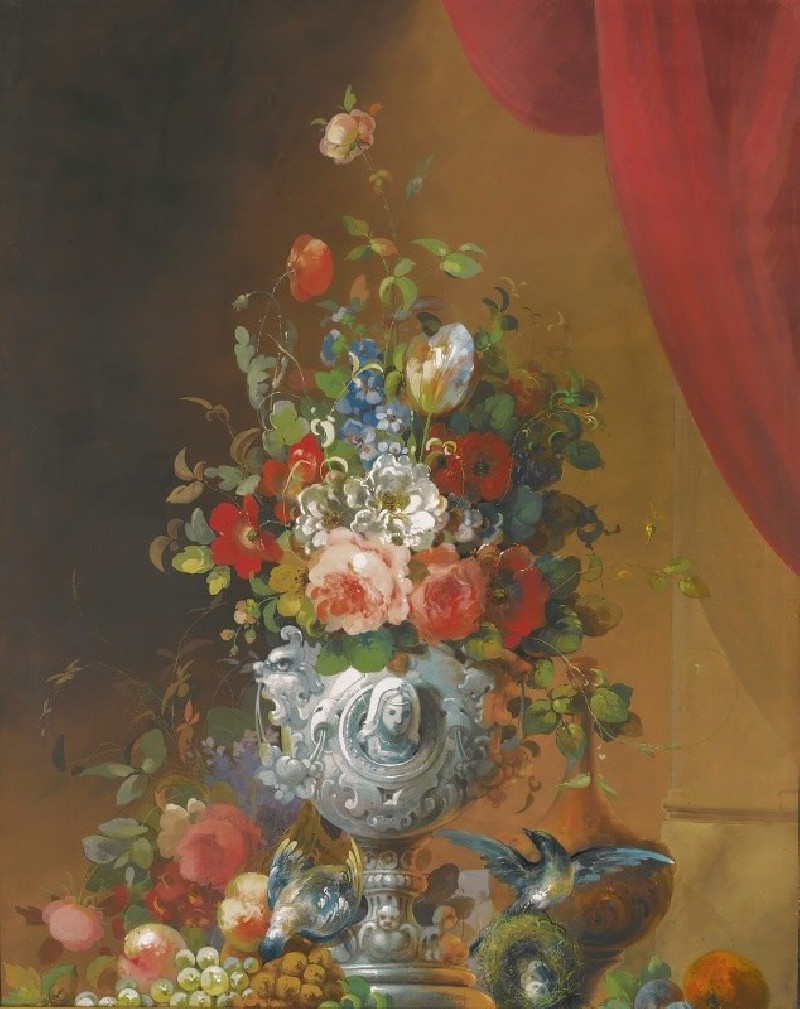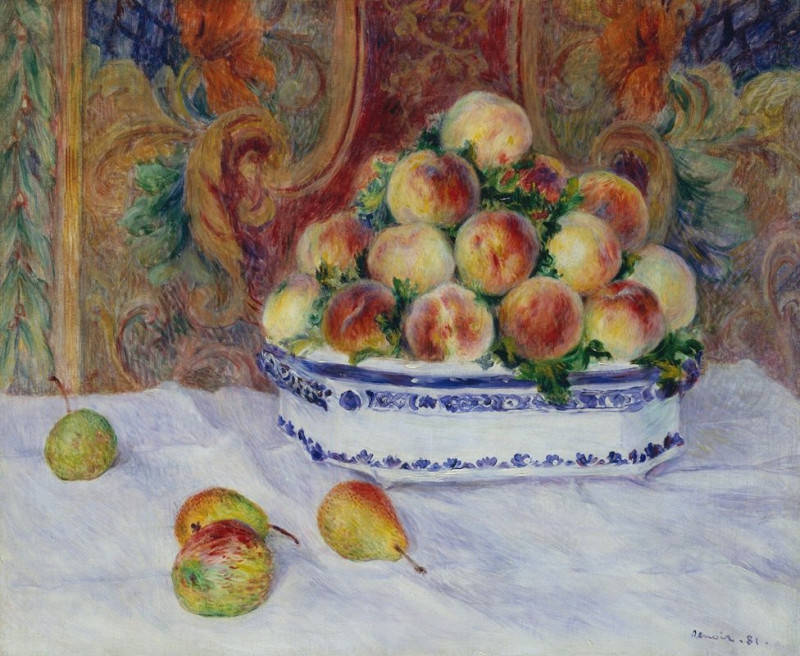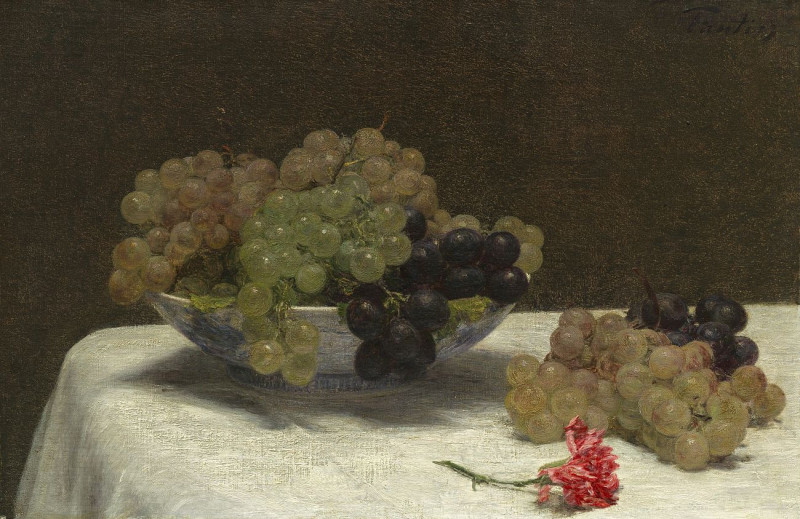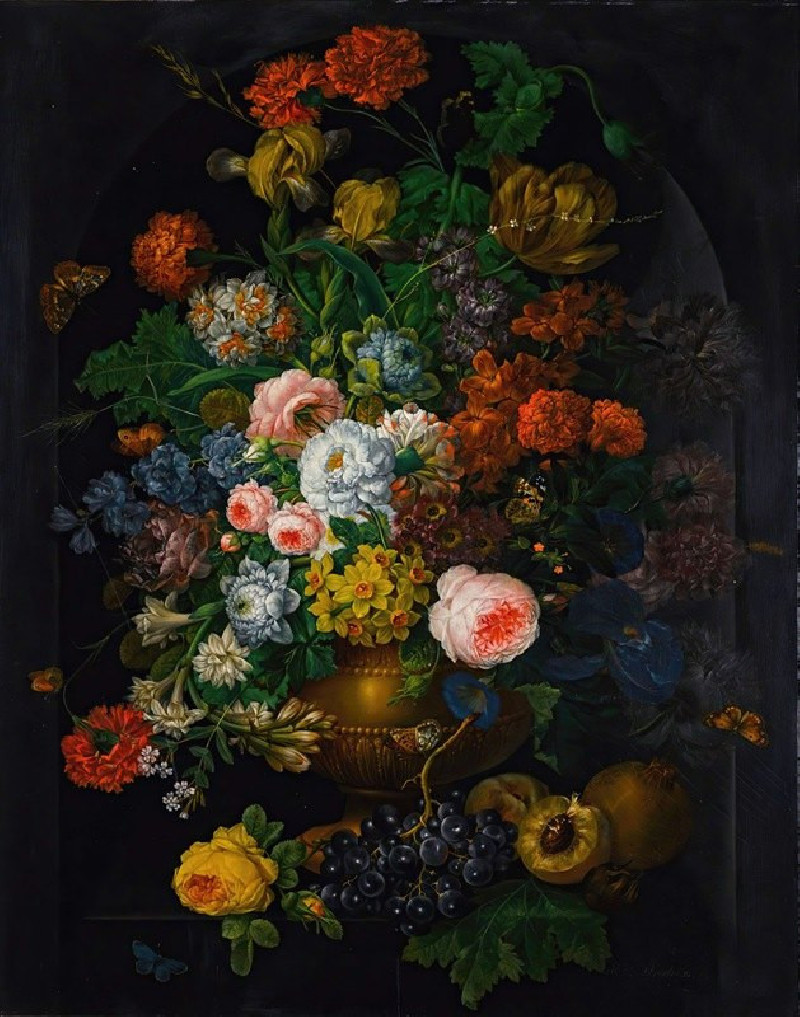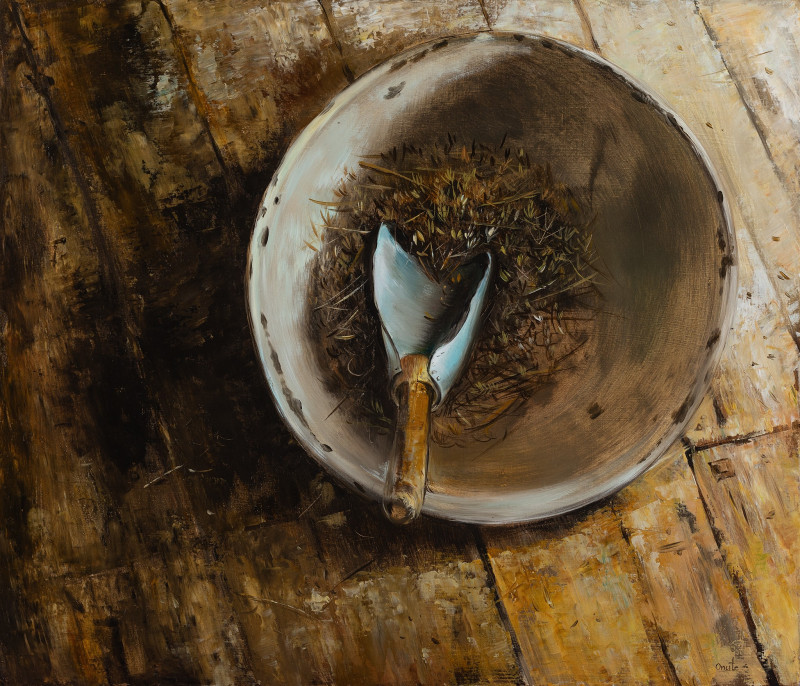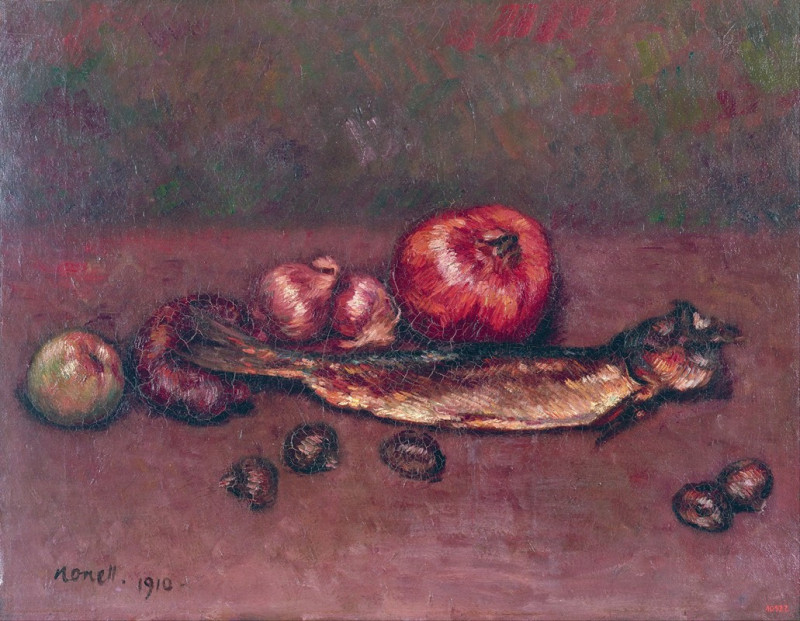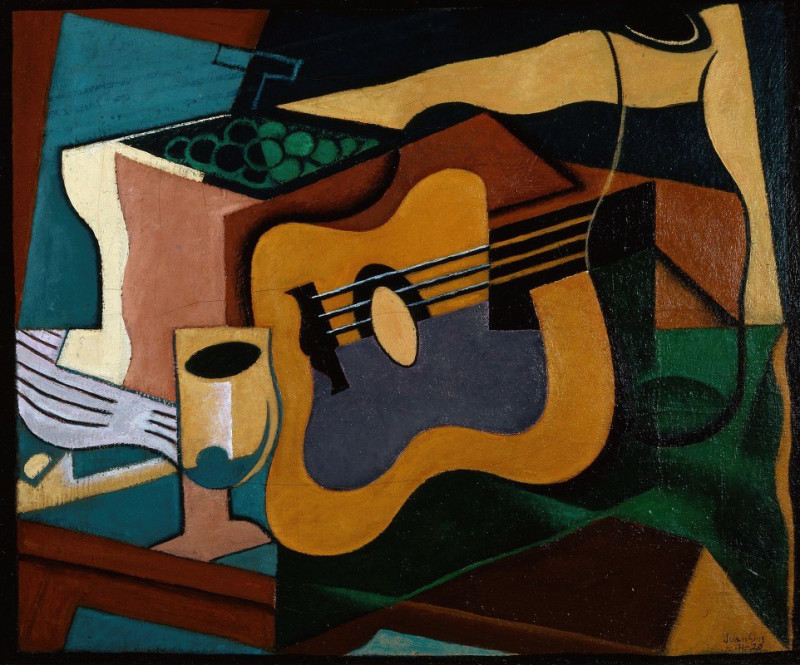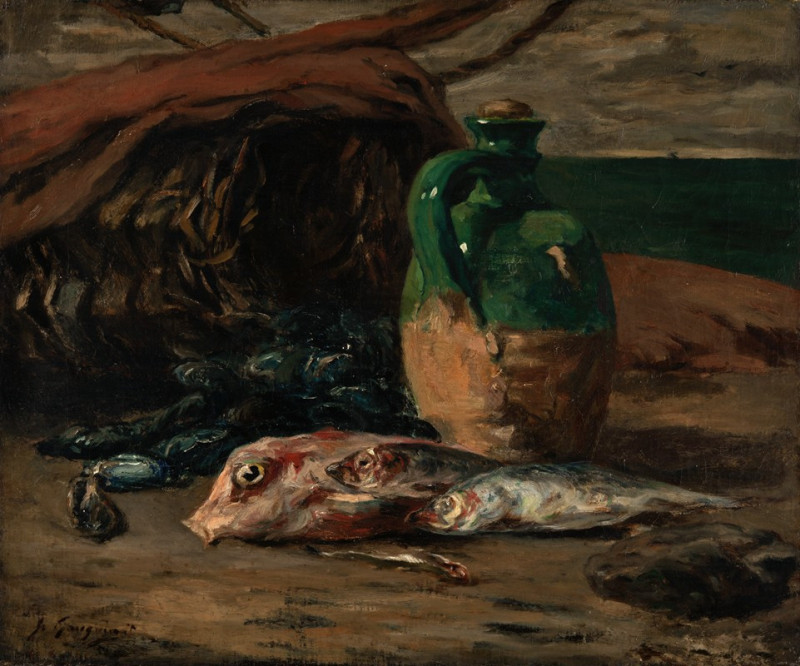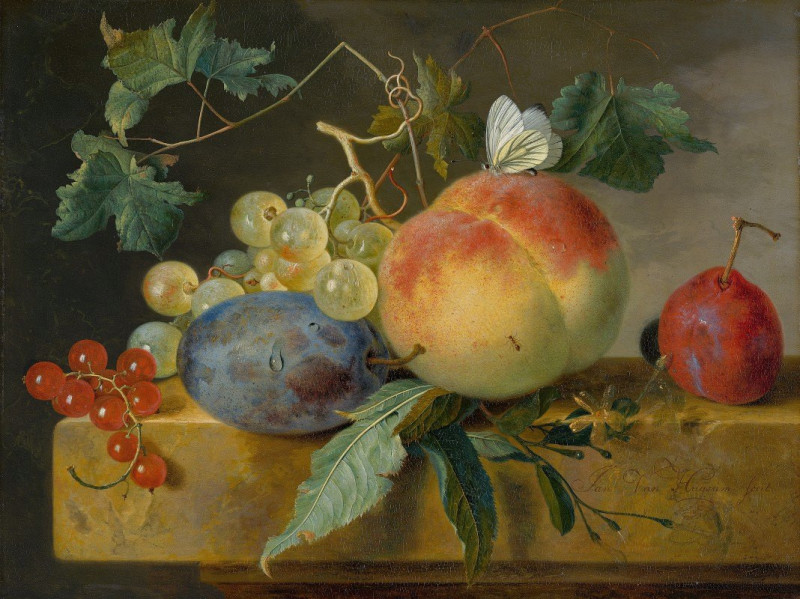Still Life, 1926,
More about this artwork
Delivery
Reproductions are made to order and take 5 to 7 working days.
We send them out by courier and delivery takes another two working days.
If you need a reproduction sooner, please contact us - we can usually find a solution and produce it a little faster.
If you don't want to pay for postage, you can pick up your paintings at our galleries in Kaunas or Vilnius.
Returns
Yes, reproductions can be returned.
If you have any doubts more than 30 days after the date of purchase, please contact us - we will take the reproduction back for a refund or offer you a replacement!
We accept a maximum of two returns per customer - please note that we make reproductions to order, so please choose responsibly.
We do not refund shipping expenses.
Alfred William Finch (1854-1930) was a Neo-Impressionist artist born to British parents in Brussels, Belgium. His works utilized the color palette and Pointillism technique, which were shared by other significant figures of the Neo-Impressionism movement, including Paul Signac, Camille Pissarro, and Georges Seurat. Finch was among the founding members of Les XX (Les Vingt), a group of twenty artists based in Brussels that challenged antiquated and conservative artistic traditions and academism. The group held annual art exhibitions, greatly influencing the development of Neo-Impressionism. In his later years, Alfred William Finch also produced ceramics and pottery, decorated with a fusion of his familiar Neo-Impressionism, Arts and Crafts, and Belgian Art Nouveau styles. His artworks primarily portray the atmospheric beauty of nature and the countryside along the Channel coast. Alfred William Finch spent the majority of his artistic career in Helsinki, where he passed away in 1930.

